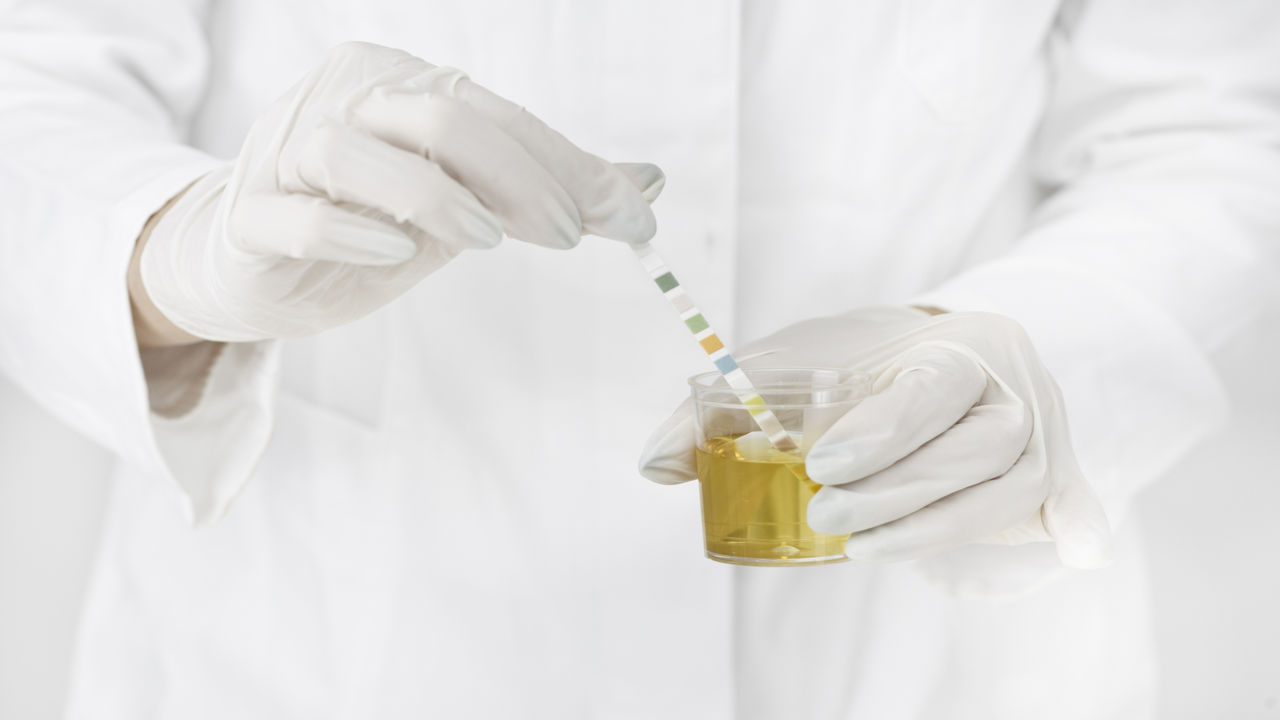
The presence of leukocytes in urine is normal, but excess secretion may indicates an Urinary Tract Infection (UTI). To know the causes and treatment for the presence of excess leukocytes or white blood cells in urine, read this article.
The urinary system consists of the kidneys, ureters, bladder, and urethra. If a urinalysis detects presence of leukocytes in the urine with no nitrates, it could be an indication that the patient is suffering from an infection of the urinary system. Leukocytes are white blood cells that combat infections in the body but their presence in urine most often points towards a bacterial infection. Small amount of leukocytes are expelled through the urine which are usually the old and the damaged cells. The normal levels of leukocytes in the urine are somewhere around 0-10 lev/vl but if the levels exceed 20 lev/vl, it is better to get urinalysis to avoid further complications.
In order to diagnose the level of leukocytes in one’s urine, it is essential to conduct a urinalysis. The presence of leukocytes in urinalysis results is the best way to confirm if the levels have increased. The level of leukocytes, if in excess, can affect the kidneys and bladder. With the help of home test kit you can detect the presence of protein, nitrites and leukocytes in urine. The patient can also provide the urine sample for lab testing in which three separate tests are conducted on the sample: microscopic, visual, and chemical. These tests give a detailed insight about the urine and the patient’s overall health. Leukocytes can be detected either by observing them under a microscope or with the help of a chemical dip stick test which indicates the presence of an enzyme released by the white blood cells called esterase.
- Kidney infections like pyelonephritis can lead to the increase of white blood cells in urine. It’s an infection that occurs in the urinary tract and spreads to the kidneys. However, the risk of kidney infection is more common in people who have a weak immune system or among those who have been using a urinary catheter for a prolonged time.
- Bladder infections or cystitis (an inflammation of the urinary tract and ureters) can also lead to excess secretion of leukocytes.
- A blockage in the urinary system can also result in hematuria (blood in urine). Obstructions can be due to trauma, pelvis tumor, kidney or bladder stones, prostate hypertrophy, or unwanted foreign bodies in the urinary tract.
- Presence of protein and leukocytes in urine during pregnancy is quite common. During pregnancy, it is possible that the WBC levels in urine increase and there is a possibility of protein contamination from the vagina. However, if this persist and they are found in more than just trace amounts, it’s recommended to consult a doctor to diagnose if there is a bladder infection.
- Another cause for leukocytes in a patient’s urine is sexual intercourse. The bacteria may get transferred to the urethra which may further cause infection.
- Holding urine for too long can cause overstretching of bladder which weakens the bladder. This can make the bladder incompetent to empty itself completely. This left over urine can lead to bacterial infection.
- Kidney inflammation
- Bladder tumor or systemic lupus erythematosus (SLE)
- Fever and shivering
- Frequent urination
- Blood in urine
- Burning and painful sensation while urinating
- Foul-smelling, cloudy urine
Treatment for leukocyte levels in urine primarily depends on the cause of the infection. A course of antibiotics works well in clearing up the infection. By avoiding the above mentioned situations, if at all possible, one can surely prevent UTI and the presence of extra white blood cells in urine to fight the infection itself. But if the infection becomes extremely severe, it’s recommended to consult a doctor for necessary treatment. In some cases, hospitalization may be required.
Urinary tract infections due to leukocytes in urine are more common in women than men and the conditions can vary from cystitis (an inflammation of the urinary bladder) to severe infections of the kidneys and bladder. Proper hygiene is one of the most important factor which can keep you away from infections. Maintain personal hygiene. Change your undergarments and towel daily. Wash them properly and dip them in a disinfectant solution for sometime to kill the microorganisms that might cause infections. Food rich in vitamin B and C will improve the immune system which will enable the body to fight with the infection more efficiently.
Disclaimer: This HealthHearty article is for informative purposes only, and should not be used as a replacement for expert medical advice.


